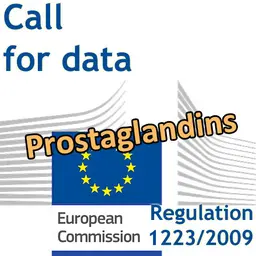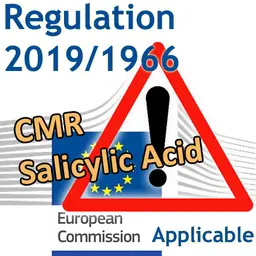
Advertising claims are governed by various European regulations transposed into French law, the majority of which are contained in the Consumer Code. Reminder of the rules, and the consequences if they are not followed, with Margaux de Bodard, lawyer at the FEBEA.
French law is at the initiative of a fairly strict regulation on advertising. Europe has taken over this regulation but from a more flexible angle, with the Directive of 11 May 2005. Following the publication of this text, France transposed and adapted its regulatory framework, some of its provisions being previously more restrictive.
In terms of advertising, the Consumer Code provides for two reprehensible behaviours:
- misleading commercial practices,
- comparative advertising.
Misleading commercial practices
The notion of"commercial practice" is broader than the notion of advertising. The Directive of 11 May 2005 defines it as
"any act, omission, conduct, approach or commercial communication, including advertising and marketing, by a professional, directly related to the promotion, sale or supply of a product to the consumer".
It is therefore a practice between a trader and a consumer (for example, labelling the product as a competition with a draw and a prize), and the rules governing it are based on the principle of protecting the consumer's interests.
The law distinguishes two kinds of deceptive marketing practices: deceptive acts and deceptive omissions. In both cases, the consumer is misled and induced to make a purchase decision that he would not otherwise have made. He …













